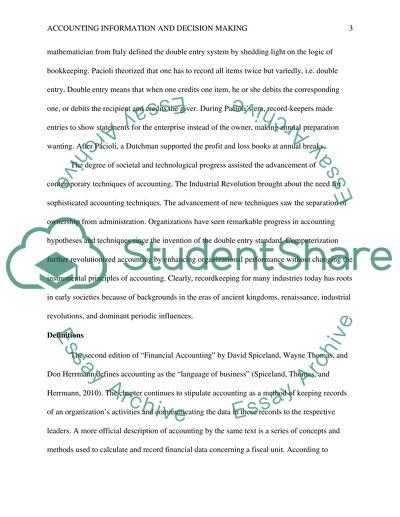Cite this document
(“Accounting Information and Decision Making Term Paper”, n.d.)
Accounting Information and Decision Making Term Paper. Retrieved from https://studentshare.org/finance-accounting/1666351-accounting-information-and-decision-making
Accounting Information and Decision Making Term Paper. Retrieved from https://studentshare.org/finance-accounting/1666351-accounting-information-and-decision-making
(Accounting Information and Decision Making Term Paper)
Accounting Information and Decision Making Term Paper. https://studentshare.org/finance-accounting/1666351-accounting-information-and-decision-making.
Accounting Information and Decision Making Term Paper. https://studentshare.org/finance-accounting/1666351-accounting-information-and-decision-making.
“Accounting Information and Decision Making Term Paper”, n.d. https://studentshare.org/finance-accounting/1666351-accounting-information-and-decision-making.


